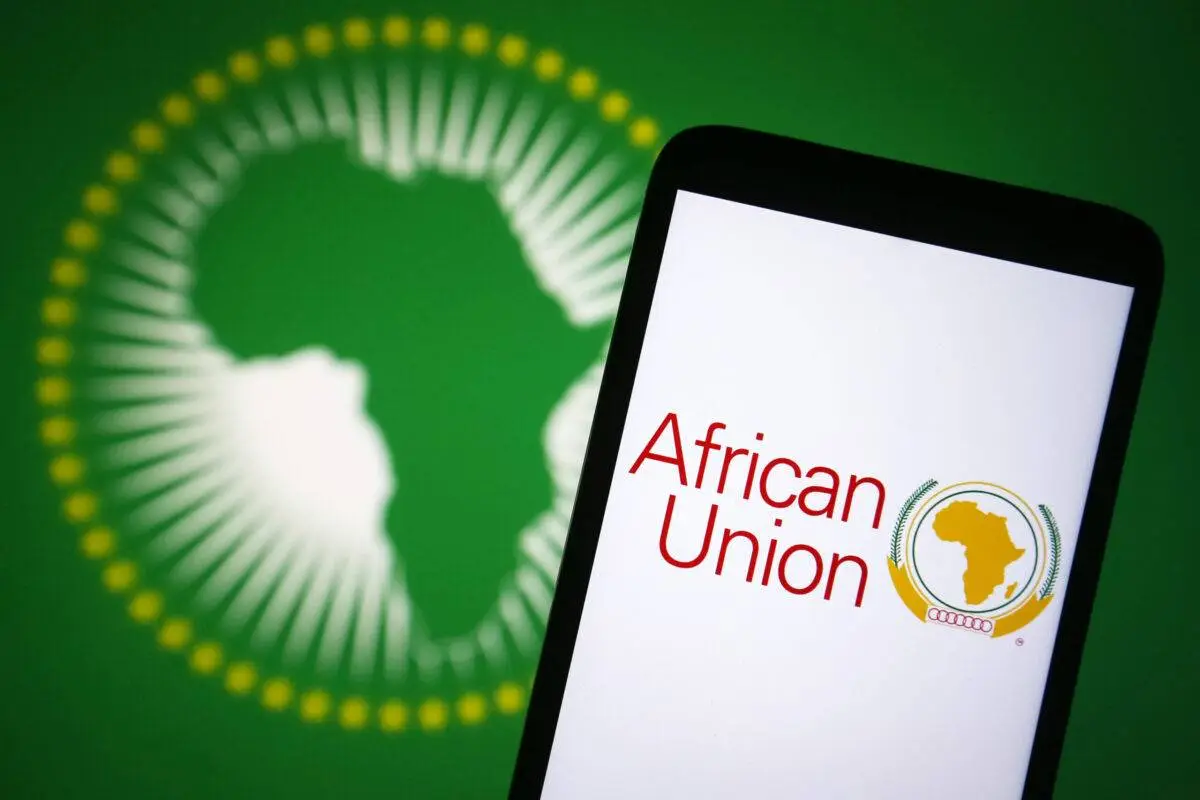Hamas expressed jubilant approval following the African Union‘s (AU) recent decision to expel Israel’s envoy, a move that the group views as a significant diplomatic victory. This decision occurred during a conference commemorating the Rwandan genocide, a context that added layers of complexity to the proceedings.
Hamas celebrates the AU’s expulsion of Israel’s envoy as a pivotal diplomatic win amidst a solemn conference on the Rwandan genocide.
The AU’s action was perceived by Hamas as a vital endorsement of their stance against Israel, which they consider an occupying force. In a statement released shortly after the decision, Hamas officials emphasized that the expulsion symbolizes a broader rejection of Israel’s policies and practices, which they argue perpetuate injustice against Palestinians.
The AU’s decision has sparked varied reactions across the continent and beyond. Many African nations, historically supportive of the Palestinian cause, lauded the move as a necessary step to uphold solidarity with oppressed peoples. Some officials noted that the AU’s stance reflects the growing sentiment among African states to prioritize human rights and justice in international relations.
However, not all responses were positive. Several countries expressed concerns that the decision could further polarize discussions surrounding the Israeli-Palestinian conflict, complicating efforts for peace in the region.
Hamas has seized upon this diplomatic victory to bolster its narrative, framing the AU’s decision as a validation of its struggle. “This is a moment of triumph not just for Palestine but for all nations that stand against oppression,” a Hamas spokesperson declared.
The group believes this development will encourage other international bodies to reconsider their relations with Israel, potentially leading to a shift in diplomatic dynamics. They argue that such shifts are essential for advancing the Palestinian cause and achieving long-desired goals such as statehood and self-determination.
Critics of the AU’s decision raise an important point: the potential ramifications for future peace negotiations. Some analysts argue that isolating Israel diplomatically could hinder dialogue, pushing the situation toward further entrenchment rather than resolution.
They caution that while symbolic gestures are significant, they must be matched with practical steps toward fostering understanding and cooperation between conflicting parties.
As the global community observes the aftermath of the AU’s decision, the implications for both Hamas and Israel remain to be seen. The expulsion of the Israeli envoy may serve as a rallying point for Hamas, but it also poses questions about the efficacy of such actions in the long-term pursuit of peace and stability in the region.














